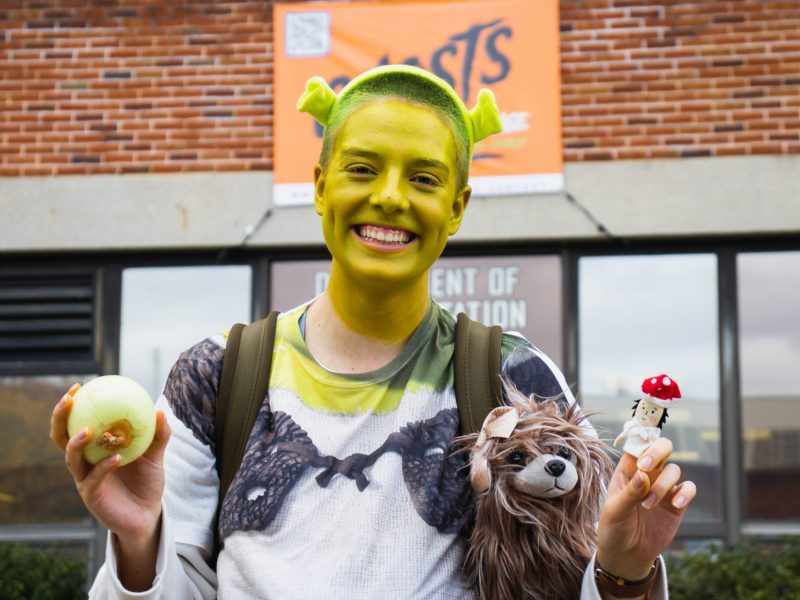In a year when the Oscars had a number of firsts — Mahershala Ali became the first Muslim actor to win an Oscar and Viola Davis became the first black woman to net an Oscar, Emmy and Tony for acting — some things didn’t change.
Yes, Moonlight beat out La La Land for Best Picture, showing everyone that the academy is willing, at least in some part, to listen to criticism. But Sunday night’s Oscars also showed the academy will still put white people — and white movies — first, regardless of the nuances and circumstances surrounding these actors and films.
Casey Affleck, the winner for Best Actor, was accused of sexual harassment in 2010 by Amanda White and Magdalena Gorka, the producer and cinematographer, respectively, of the Joaquin Phoenix mockumentary I’m Still Here, a movie Affleck directed and acted in. Yet, the academy still deemed it acceptable for him to receive an award, not to mention one of the highest awards given to people in Affleck’s profession.
Compare that response with the backlash The Birth of a Nation director Nate Parker — who is black — faced after similar rape accusations, and the powerful role race still holds in 2017 becomes clear.
White men hold power in society; regardless of their wrongdoings, they are continuously raised up on a pedestal. Affleck’s Oscar win is another drop in the large ocean of evidence backing this up.
To find proof, one needs not look past our own political system. In the last election, Donald Trump, a person who has been accused of sexual assault and harassment on multiple occasions, was elected to the office of president, the highest position in American government.
Say what you will about the popular vote, but Trump was elected in a democratic system, meaning that a large number of people were willing to overlook his past (and current) sexual assault allegations and put him in a position of power.
This is all indicative of the white privilege that has a firm grasp on our society. Yes, it does loosen periodically — such as on Sunday when Moonlight bested La La Land — but it exists nonetheless.
The Daily Show correspondent Roy Wood Jr. calls the phenomenon that occurred at the Oscars “reach[ing] peak blackness,” a phrase that Wood Jr. defined as “a rare metaphysical anomaly that can only occur when an amalgam of black excellence comes together at the same societal intersection.”
Wood Jr. then goes on to reword the definition to “when a lot of dope black shit happens at the same time.”
And a lot of “dope black shit” did happen at the Oscars on Sunday: Moonlight won Best Picture and Best Adapted Screenplay, Ali won Best Supporting Actor for his role as Juan in Moonlight and Davis won Best Supporting Actress for her role as Rose in Fences — not to mention a guy named Gary walked around ignoring all the white celebrities. But it is not enough for us to simply see this and assume everything is fine.
The brief celebration of black culture that occurred at the Oscars was just that — brief. It was a momentary pause in the white privilege enjoyed by members of society, and now it is up to those members to acknowledge the privilege they are afforded and use it to continue to move in a direction where excellence from all cultures and people can coexist.
Yes, Affleck won the Oscar. But that does not mean the privilege that allowed him to do so should — or will — go unrecognized.



